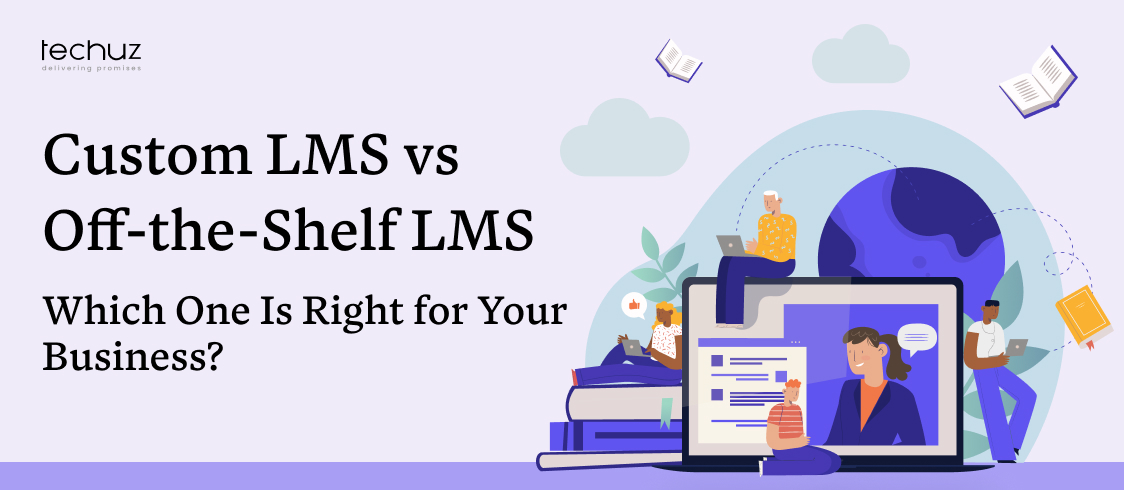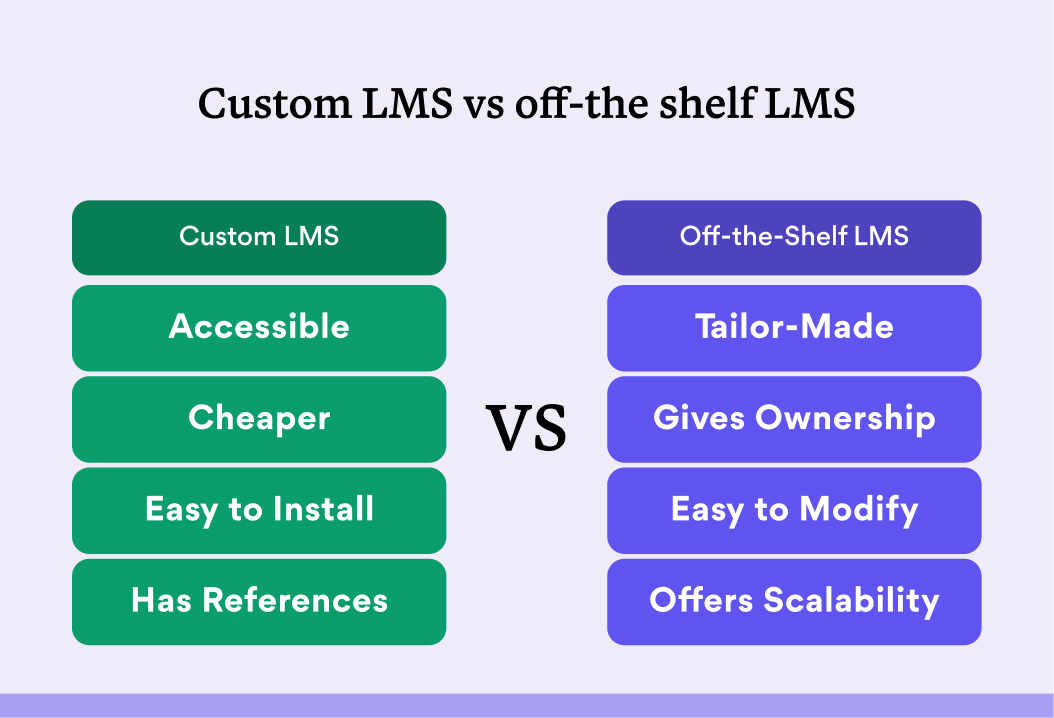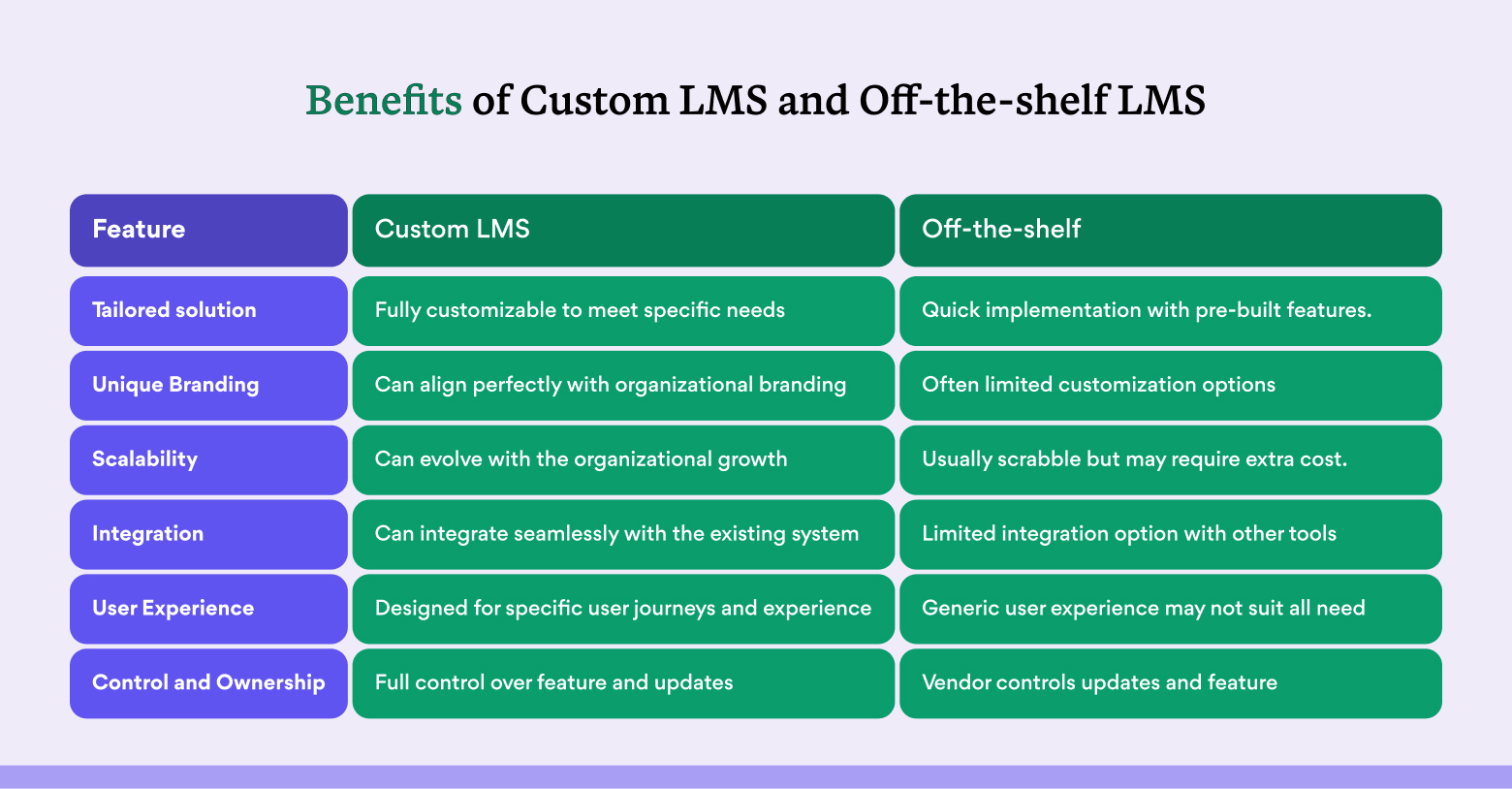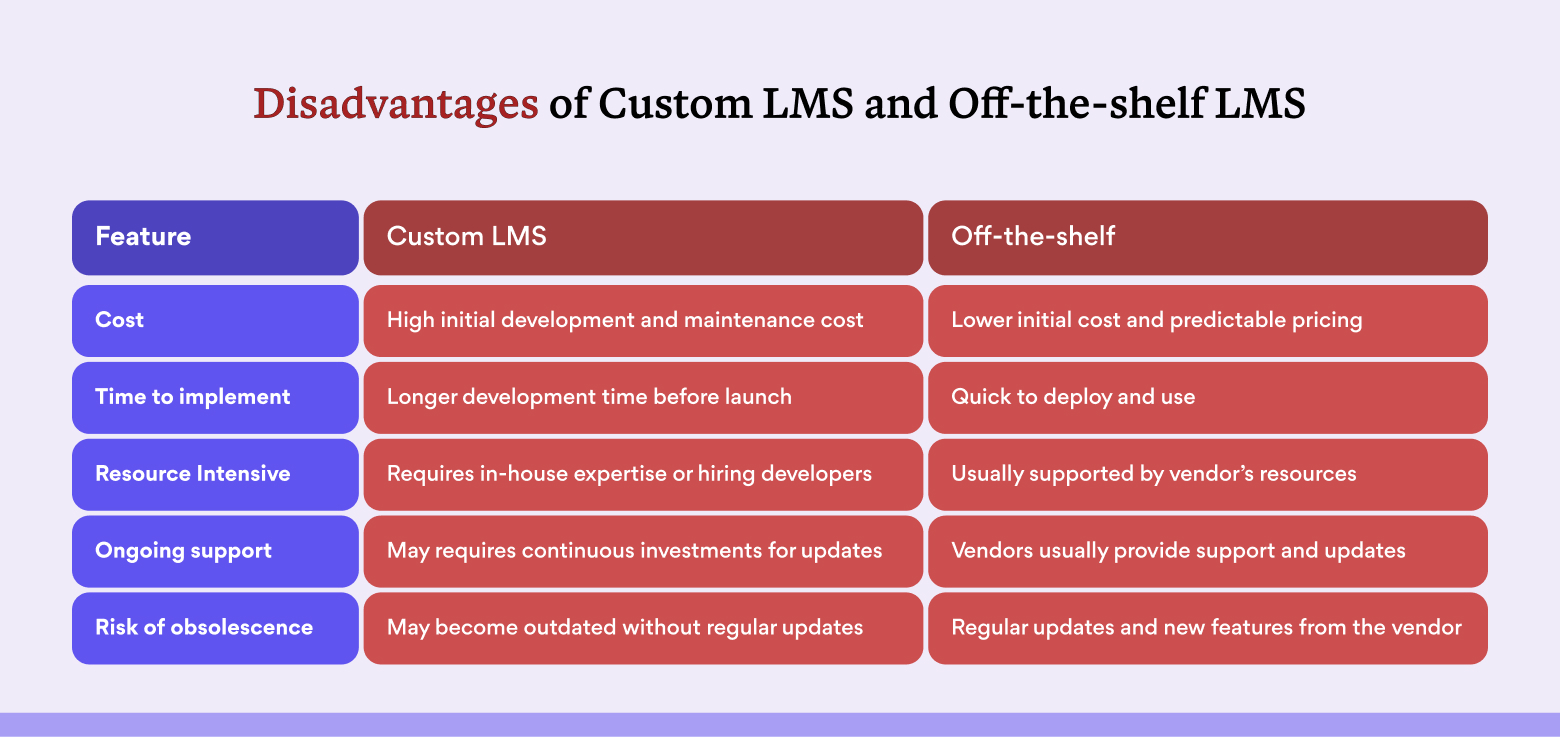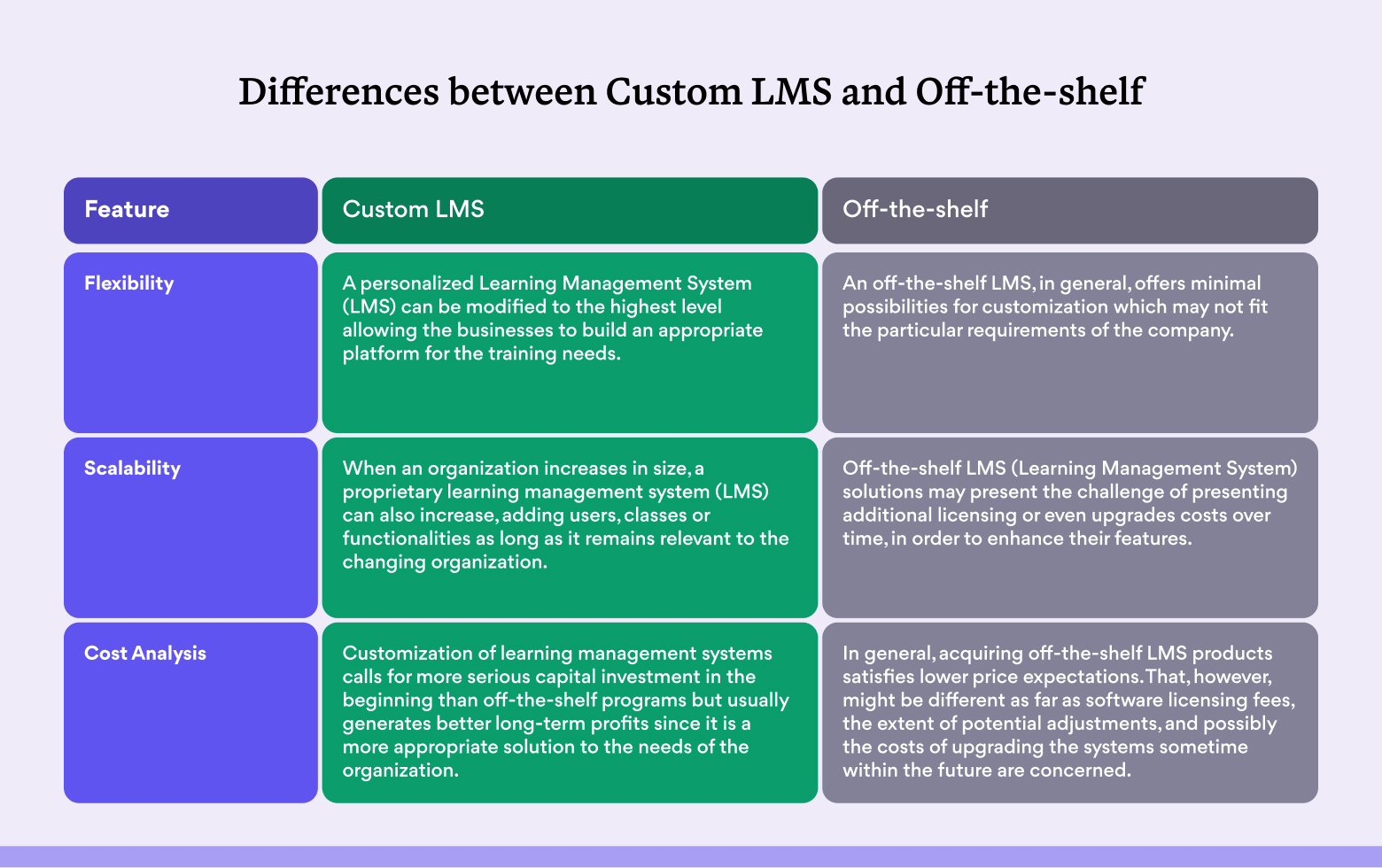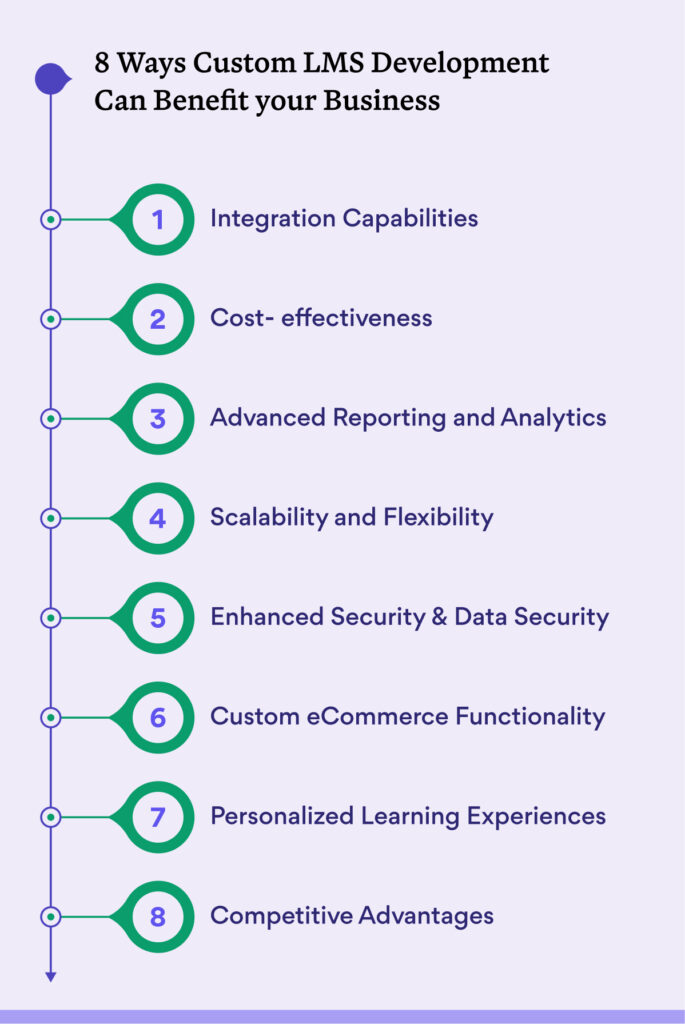Posted on
November 11, 2024
Read time
 12 mins read
12 mins read
With the advancements in technology, the way one can learn away from the conventional classroom has greatly improved. In 2019 for instance, the market for eLearning across the globe was estimated at approximately 101 billion U.S. dollars while learning management systems occupied an estimated 18 billion U.S. dollars. Moving to the year 2026, it is believed that the market for eLearning will reach an upward value of over 370 billion U.S. dollars.
What is even more intriguing is that eLearning improves learning retention rates between 25% and 60%. Additionally, it is often faster – for example, the duration of a corporate eLearning course is usually 40% to 60% shorter than the time required for the same course through traditional training methods. Quite cool, isn’t it?
It would appear that almost every corporation—98% to be more precise—has claimed that they intend to implement e-learning in their employee training. Do you belong to such companies? If you are looking for the right solution, look no further! This article explores the distinction between custom software development and off-the-shelf learning management systems, helping you choose the most suitable for your particular business case.
Table of Content
What is a Learning Management System (LMS)?
A Learning Management System (LMS) is a software application designed to deliver and assess educational courses, training programs or learning and development programs. It is an organizational online course platform where learning programs can be built, scheduled, delivered and analyzed.
What are the types of LMS?
There are several types of LMS that are currently available in the market. These are primarily two types of LMS provided in the market today: custom LMS and off the shelf LMS. Each has its unique advantages and disadvantages modified to address varying organization’s needs.
What is Custom LMS?
A customized learning management system (LMS) is a readymade training solution worked out specifically for an organization. In this way organizations can formulate and execute training strategies that correspond completely to their objectives, organizational culture, and operational processes.
What is Off-The Shelf LMS?
An off-the-shelf LMS is a package solution which can be employed with slight modifications. These systems are generic in nature and created to meet the broad spectrum of industries and training needs which make them a quicker and less expensive option most of the time.
Custom LMS vs off-the shelf LMS
Custom LMS vs off-the-shelf LMS solutions serve the same purpose, the main differentiators are their levels of flexibility and personalization. A custom LMS is designed to fit the particular requirements of any organization which means there are limitless features that can be added to it or removed. More importantly, it is designed to scale as the organization grows, and it can be integrated with other systems where necessary. It lets organizations develop a training program that fits their precise learning objectives and contributing processes. On the other hand, an off-the-shelf LMS is a ready-made package that contains standard features, allows installation to be faster and costs less money at the start. It would be useful for any organization with basic training needs, however, there are no strategies for using it that would suit more sophisticated or evolving levels of training demands.
Benefits of Custom LMS and Off-the-shelf LMS
| Features | Custom LMS | Off-the-shelf |
|---|---|---|
| Tailored solution | Fully customizable to meet specific needs | Quick implementation with pre-built features |
| Unique Branding | Can align perfectly with organizational branding | Often limited customization options |
| Scalability | Can evolve with the organizational growth | Usually scrabble but may require extra cost |
| Integration | Can integrate seamlessly with the existing system | Limited integration option with other tools |
| User Experience | Designed for specific user journeys and experience | Generic user experience may not suit all need |
| Control and Ownership | Full control over feature and updates | Vendor controls updates and feature |
Disadvantages of Custom and Off-the-shelf LMS
| Features | Custom LMS | Off-the shelf LMS |
| Cost | High initial development and maintenance cost | Lower initial cost and predictable pricing |
| Time to implement | Longer development time before launch | Quick to deploy and use |
| Resource Intensive | Requires in-house expertise or hiring developers | Usually supported by vendor’s resources |
| Ongoing support | May requires continuous investments for updates | Vendors usually provide support and updates |
| Risk of obsolescence | May become outdated without regular updates | Regular updates and new features from the vendor |
Differences between Custom LMS and Off-the-shelf
| Features | Custom LMS | Off-the-shelf LMS |
| Flexibility | A personalized Learning Management System (LMS) can be modified to the highest level allowing the businesses to build an appropriate platform for the training needs. | An off-the-shelf LMS, in general, offers minimal possibilities for customization which may not fit the particular requirements of the company. |
| Scalability | When an organization increases in size, a proprietary learning management system (LMS) can also increase, adding users, classes or functionalities as long as it remains relevant to the changing organization. | Off-the-shelf LMS (Learning Management System) solutions may present the challenge of presenting additional licensing or even upgrades costs over time, in order to enhance their features. |
| Cost Analysis | Customization of learning management systems calls for more serious capital investment in the beginning than off-the-shelf programs but usually generates better long-term profits since it is a more appropriate solution to the needs of the organization. | In general, acquiring off-the-shelf LMS products satisfies lower price expectations. That, however, might be different as far as software licensing fees, the extent of potential adjustments, and possibly the costs of upgrading the systems sometime within the future are concerned. |
Why Should USA based Enterprises should opt for a Custom LMS?
1. Adherence to the standards of the industry
Doing business in the United States in areas such as health care, finance or education has quite a number of compliance issues. A custom LMS can be developed so as to equip the businesses with the following, to be able to meet those compliance rigors in:
- Tracking and reporting compliance that is tailored for the organization.
- In-built training measures including regulatory training for that specific sector.
- Automatic reminders for certifications and reinstating the licenses after expiry.
2. Better data security and privacy
Due to the concerns over data safety and privacy, owning a custom LMS means that the custom LMS will be built according to the desired levels of security by the organization. Businesses may use strong encryption, create unique authentication methods, and modify data storage systems to comply with national privacy laws for example GDPR, CCPA.
3. Better usability around peripheral systems
Custom LMS solutions, more especially, the user’s systems may interface this with their other systems such as the HR, CRM and project management systems, with ease. Such level of integration functionalities is usually restricted with most standard LMS solutions which would require the use of additional plugins as well as manual intervention to enable communication between the systems.
Use Cases: When to Use Customized LMS rather than Off-the- Shelf LMS
When and Why Should You Use a Custom Learning Management System (LMS)?
- Large Enterprises and Expanding Organizations: Custom LMS comes in handy for organizations experiencing a short on boarding cycle or have dynamic employment training needs. It offers allowing growth and change within the organization which conforms to the change in the organization.
- Sectors that Require Particular Rules and Regulations to be Adhere: Organizations operating in sectors such as healthcare, finance, and manufacturing which are characterized by strict regulation will need a platform that is highly adjustable.
- Organizations with Specialized Training Programs: Companies that have certain training programs such as training technical skills or training on an internal process will take advantage of a custom made LMS.
When Is It Best to Choose an Off-the-Shelf LMS?
- Small Businesses or New Entrants: Organizations with restricted financial scope and uncomplicated training requirements may favor off-the-shelf LMS solutions.
- Temporary Training Initiatives: In case there is a requirement of LMS for a short-term or one-time training program, it might be better to go for an off-the-shelf platform due to the ease of installation and low upfront cost involved.
- Standard Training Requirements: where the institution’s training needs are basic, for example, induction or routine compliance e-learning, there is no need for a bespoke LMS to be created as an off-the-shelf one suffices.
How to Choose an LMS System for Your Organization?
Step 1: Assess Your Training Needs
In the beginning, it does make sense to survey the training needs of the organization. Is it sufficient to have an eLearning solution related to the onboarding process only, or to compliance training, or to technical skills training, or all of them? Unless one simplifies the requirements, it would be either build a sophisticated LMS or buy a simple one.
Step 2: Take Budget Planning into Consideration
Look at both direct and indirect costs, over the short and longer terms. Yes, a custom-built Learning Management System would have a hefty cost at the beginning. However, in the long run returns from a custom built LMS would be far better than from an already ready-made LMS. A split approval is required from the organization, one for the immediate needs and the other for the anticipated return upon implementation.
Step 3: Understand Scalability
In case your business expands too quickly, think about training restraints. An online learning management system such as custom can be tailored to fit your business needs, whereas an out of the box system has some constraints which would force you to change systems in the future.
Step 4: Identify Integration Aids
Think of additional applications that your company uses, for example, HR management system, CRM, ERP, etc. The selected LMS should be capable of seamless integration with these ill-suited systems, or else duplication of work would be unavoidable.
Step 5: Security and Compliance Factors consideration
Data security and compliance cannot be compromised especially for businesses that have a lot of regulations to follow. Custom solutions like LMS give a chance to build in security and compliance requirements where necessary.
Custom Learning Management System or Off-The-Shelf Learning Management System: What is Best Suitable for Your Business?
Selecting an effective Learning Management System (LMS) remains a paramount consideration for the success of any organization that looks forward to implementing training and development strategies for its employees. This choice can greatly determine the efficiency of management, delivery and customization of training to suit the specific needs of your team. Knowing the pros and cons of a custom LMS and off-the-shelf LMS can assist any user in deciding on what fits their business. It should be noted that while both custom and ready-made LMS solutions facilitate training management, the optimal one depends on the organization’s particular needs and goals, as well as its expansion plans.
Conclusion
A choice between a bespoke learning management system (LMS) and a ready-made one is an important consideration for businesses keen on improving their training programs. Although ready-made solutions have the appeal of being quick and cost-effective, they do not provide the versatility and extendibility that a custom LMS can offer.
For most organizations in the USA, especially those with complex training requirements or forecasting expansion, the best alternative would be acquiring a custom made LMS. One of the benefits that come with building your own system is the process of defining the system goals which can positively impact training, engagement and the level of performance attained by the employees.
In the end, the best approach would have to conform to your organization’s aspirations, funding and the deadlines available. After weighing the merits and demerits of each option, you will be able to choose the most appropriate company which provides LMS development services for your LMS which can fully meet your training strategies and contribute to the success of your business in the future.
FAQ
1. Is a custom LMS always better than an off-the shelf LMS?
The answer is no, it is not always the truth. The accurate option lies within the context of the specific requirements of the business. If an institution wants special features, growth, and outstanding personalization then a customized LMS is needed. However, for a small company with simple training needs, they may find that a standard, mass-market LMS will be adequate.
2. How long does it take to develop a custom LMS?
The timeframe for the creation of a custom Learning Management System (LMS) can vary between a couple of months to more than a year based on the level of features and integration complexity. Nevertheless, this time investment can result in an extremely productive training platform.
3. Is there a possibility of later customization of COTS LMS System?
It is a fact that certain COTS LMS system platforms come with some customization opportunities such as incorporating the company’s logo and modifying some learning routes. Most of them however manage to offer customization convenience that custom LMS do.
4. Which option will be less expensive in the future?
There is a need to consider more than just the initial cost when comparing the expenses related to the systems. An off-the-shelf LMS might prove less expensive in the initial stages but over a period of use, a custom LMS may be less expensive compared to long-term use. The ability to scale, integrate effortlessly and adapt to the altering needs can result in long term savings.
